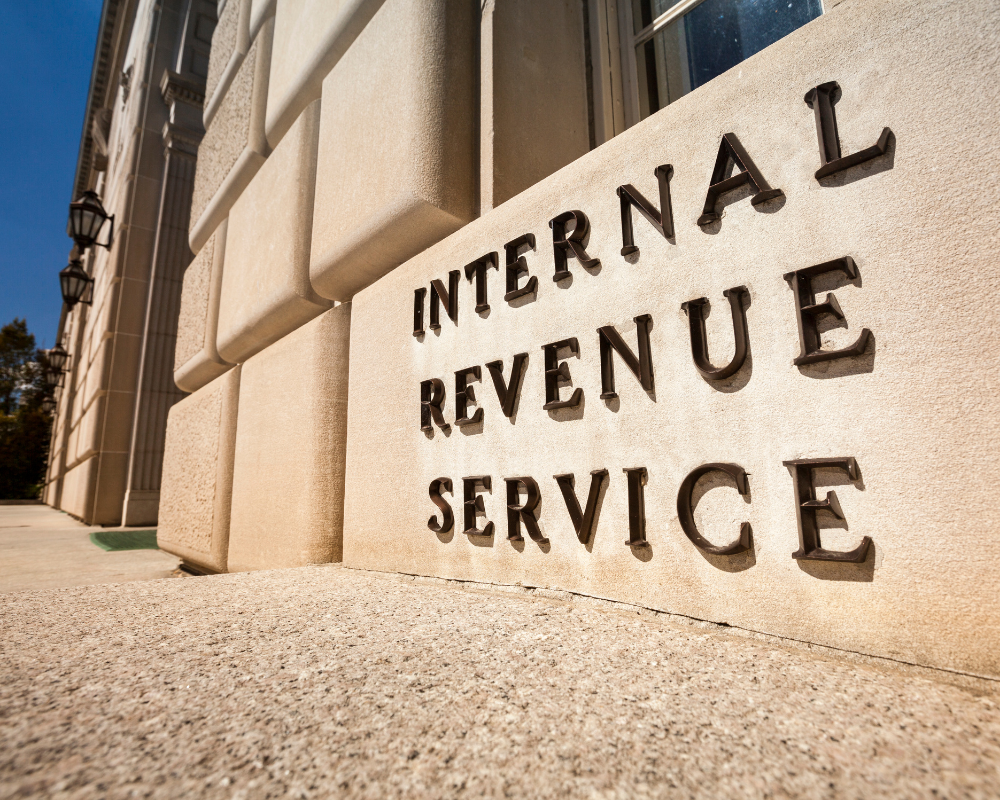
In 2022, policymakers took a step forward in a funding process that was designed to rebuild the IRS with the goal of improving overall customer service and reducing the tax gap by enacting $80 billion in supplementary long-term funding. But what can we expect about the IRS funding in 2023?
As we know the IRS received about $80 billion in funding which was promised to them over the next ten years. While they will not be receiving the funds immediately, they are utilizing them now.
The IRS Funding: Where is it Coming From?
Even with the promised $80 billion in funding, this does not mean that the IRS gets access to the money right now. However, they plan to use a huge chunk of it even if they will get it over the course of ten years.
The downside is, that even though they are promised the funding, the US Congress just came out with the decision to slash their funding in 2023. Now they’re working with reduced funding even though they’ve already upscaled in the workforce department by hiring about 4,000 new call center agents to assist during this year’s tax season.
What Does the IRS Plan to Do with the Funding?
The IRS came out and said that they plan to use the fund on enforcing or adding money to enforcement. These enforcement audits are mainly against large corporations, pass-through entities, high-net-worth individuals, cross-border activities, virtual currency transactions, and certain business schemes like land conservation easements. The IRS plans on going after these individuals in particular to maximize the money that they have.
As of the moment, they do not have plans to go after any individual or increase audits on people making less than $400,000.
This is definitely something we are all looking forward to. Since the IRS will be going after big corporations, if they make a tax mistake, it will result in millions or even billions of dollars in the IRS revenue rather than working with individuals that make about $100,000.
If the IRS is spending its funding on taking down corporations like this, it is definitely money well spent. These audits won’t happen overnight, the IRS is going to need some time to train its staff and get them experienced. The majority of new hires are in the call center to cater to clients and several of the seasoned staff will be retiring over the next few years.
IRS Change in Workforce
As mentioned the IRS wants to focus on taking down big corporations and increasing their workforce. This is where the bulk of the funding will be focused on. The significant funding boosts for the IRS are necessary after all the steep cuts that were made in the past. This left the agency ill-equipped to provide taxpayers with the proper customer service they deserve.
The rest of the money the IRS will be getting will be going to train revenue agents. The IRS wants to hire and train more specialists, collectors, and IT professionals. They want to revamp the IRS system and increase its efficiency to have less downtime.





One Comment